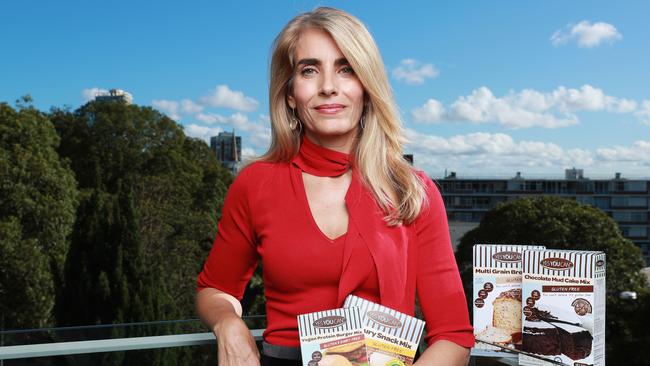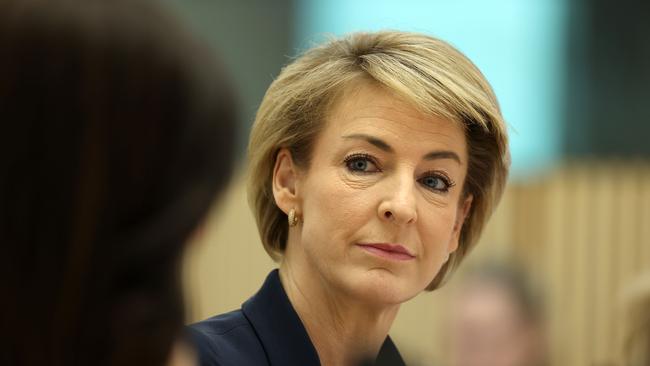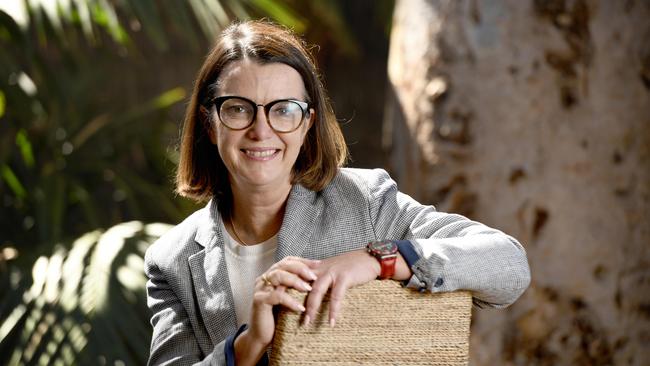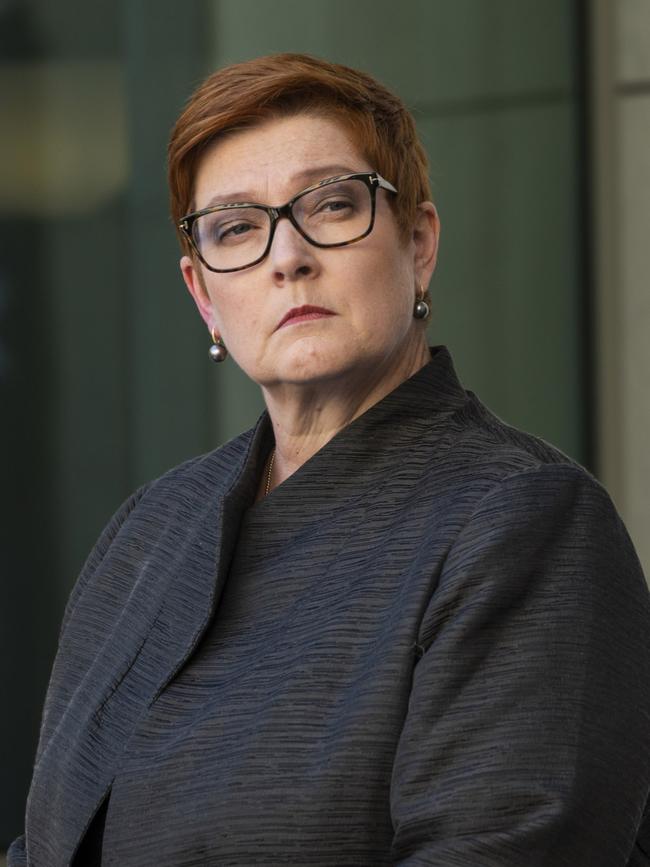Quotas for women will raise standards in politics

I’ve always been passionate about the environment, female empowerment and improving the lives of the less privileged, possibly due to growing up in Brazil, where exposure to poverty, inequality and environmental damage can either desensitise you or compel you to act.
I came to Australia in the late 1990s and, as I could not practise law here, I decided to set up my own business. As a conservative and small-business owner, I joined the Liberal Party and got involved with the NSW Liberal Women’s Council to advocate for more female voices in politics and policy-making decisions.

Like many Australians, I consider equality of opportunity one of the most important pillars in our society. Sadly, in the past few years, I have become gradually disillusioned by the political response to women’s participation in politics and by the lack of a safe environment to discuss these issues more constructively and less factionally.
In pursuit of deeper understanding, I decided to go to Harvard University to study gender bias and learn the tools to improve female representation. That’s when I first became convinced that implementation of gender quotas has an immediate positive effect in bringing a healthy balance to politics.
It’s my opinion that women who wish to be in politics suffer from a triple whammy: they are constantly expected to prove themselves by fitting into largely male-oriented criteria. Secondly, as there aren’t enough female parliamentarians, it’s unrealistic to expect them to represent the interests of all women. Women cannot be construed as a homogenous group, ignoring multiple female identities and needs. As Emma Dolan, from the University of Aberdeen, has pointed out: “If the number of elected women is higher, there is a higher chance they will represent the full diversity of women.”
Thirdly, without the numbers, female parliamentarians may find it difficult to gather support for policies that are relevant to women, and for issues that concern women.
Electoral gender quotas is one of the most critical political reforms of the last two decades to address these issues, having now been introduced in more than 130 countries worldwide. Some of the myths against their implementation can be easily busted.

Quotas are undemocratic. This is a fallacy. Women usually constitute 50 per cent of the population in any given country, so there is no better democracy than having this proportion reflected in politics. It follows that a 50-50 quota is not only gender-neutral, but it also sets a maximum for women’s representation, in contrast to a minimum requirement for women in politics.
Gender quotas are unfair to men. If anything, quotas will elevate the level of the male playing field, bringing forward the best male candidates. The chances are never equal for women and men, and quotas merely compensate for structural barriers faced by women.
There are not enough qualified women. That’s certainly not the case in Australia, where we have a large number of highly proficient women interested in putting themselves forward, who feel demotivated by the lack of support and the predominant culture in parliament. Also, in a quota system, political parties are forced to do a better job recruiting the best males and females, elevating the quality of MPs.
Leaving the debate on quotas aside, it’s important to understand why female voices are crucial for a balanced political environment. In my view, as a general rule, women have natural attributes that are critical to society. Women seem to be less motivated by profit and more motivated by passion, genuinely caring about people, our community, the environment and its effect on health and wellbeing.
Women are usually more empathetic and more giving. We are forced to be resilient, persistent, resourceful and adaptable as, historically, business and political environments have been built by men for men, and women have had to learn how to navigate and negotiate better for themselves.

Women tend to have great negotiation skills, are more prone to listening to both sides of an argument without letting ego get in the way, and we get things done.
I believe the challenge of tackling inequality and issues such as climate change require targets and quotas.
In the case of women, waiting for cultural change to happen organically is as unrealistic as waiting for society to do the right thing for the planet. In both cases, we need positive action for change to happen.
Why? Because the traditional male “pub test” has been an impediment to progress in gender equality as well as in the climate conversation. Not much good gets done in the world if things are always reduced to the lowest common denominator.
So, ladies, this is the time and the place for us to unite and take unambiguous action. Quotas are the first big step for the cultural change to follow.
Cristina Talacko chairs the Coalition for Conservation and is vice-president of the NSW Liberal Women’s Council



As a young person, I was interested in pursuing a career that was personally fulfilling without giving much thought about financial reward, which I now recognise as a familiar trait for many women.